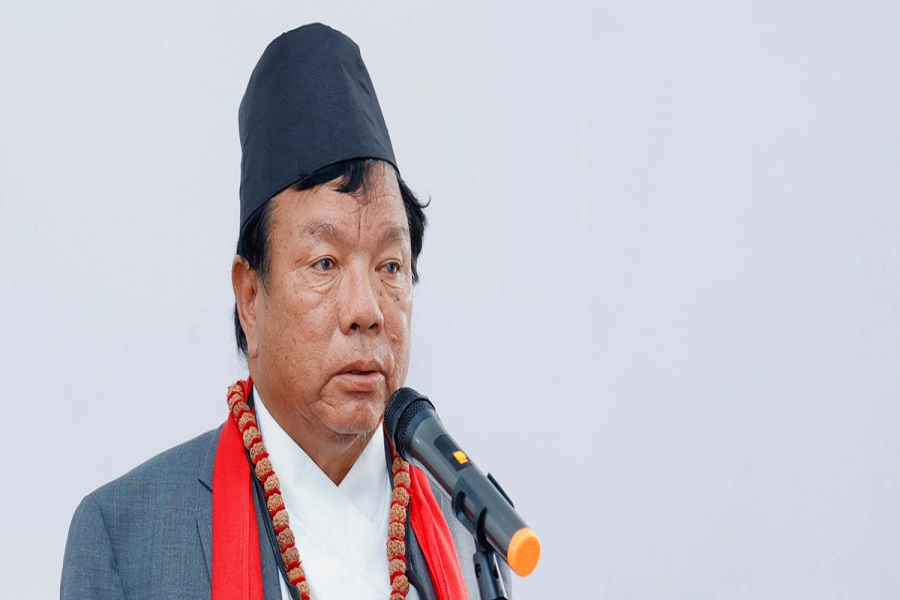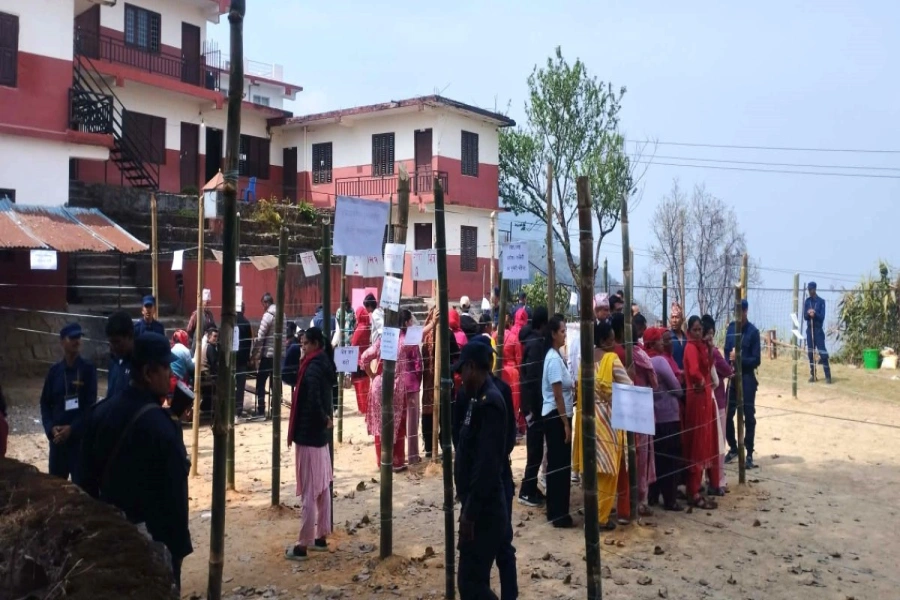Parliamentarians are the face of a country in a democracy. What they do and say are closely watched by people, media and international observers alike. So when moral questions are raised about parliamentarians, they affect people and the country as well. This is why parliamentarians—whether they are in the lower or upper house of the legislature—are always expected to act with high integrity, follow the rules and set example for others. Sadly, on this front, most of our lawmakers have been failing most of the times. This is a troubling trend and could potentially erode the reputation of parliamentary system itself. The most recent cases to draw our attention in this regard have been two.
Corruption and Moral Bases of Democracy

One is related to various parliamentary committees competing, even by overreaching their jurisdiction, in matters related to inspection and observation of various development projects. The committees entrusted to oversee projects of their priorities have been found overseeing projects that do not fall under their jurisdiction and vice-versa. For example, State Affairs Committee (SAC) of the lower house of parliament inspected under-construction Kathmandu-Tarai Fast Track highway, while this is the responsibility of National Concern and Coordination Committee. Parliamentary regulations do not allow State Affairs Committee any oversight jurisdiction over fast-track project. This is only one example. As a matter of fact, parliamentary committees have been competing to encroach on jurisdiction of other committees on major national issues. The National Concerns and Coordination Committee of upper house and International Relations Committee of the lower house, for example, look keen to visit the construction site of Nijgadh International Airport to inspect “the progress of the work and observe the likely environmental effect.” There is no mutual cooperation among parliamentary committees and they do not seem to regard each other’s rights either. Nor do these committees take prior approval from the speaker before embarking on such visits, which is against Parliamentary Regulations.
Some senior leaders and heads of various parliamentary committees—including parliamentary party leaders of major parties, chief whips, whips and chairpersons of house panels—have been found pocketing the money meant for hiring drivers and personal assistants by submitting details of the persons who do not exist. This is how it works: These leaders hire one driver instead of two but take salaries of two drivers from the parliament secretariat. Likewise, they may not have hired the personal assistants (PAs) yet they claim the money in their names, simply to pocket extra some thousand rupees. Part of the problem lies with legal loopholes, which the lawmakers have tweaked to warm up their pockets. But this is downright immoral—to claim money in the names of those who do not exist and pocket it. Unfortunately, leaders from both the ruling Nepal Communist Party and opposition Nepali Congress have been found involved in this immoral act. Our parliamentarians must be moral enough and stop succumbing to greed for money. It is when lawmakers show open disregard to law and display greed for money, democracy starts to suffer.





































